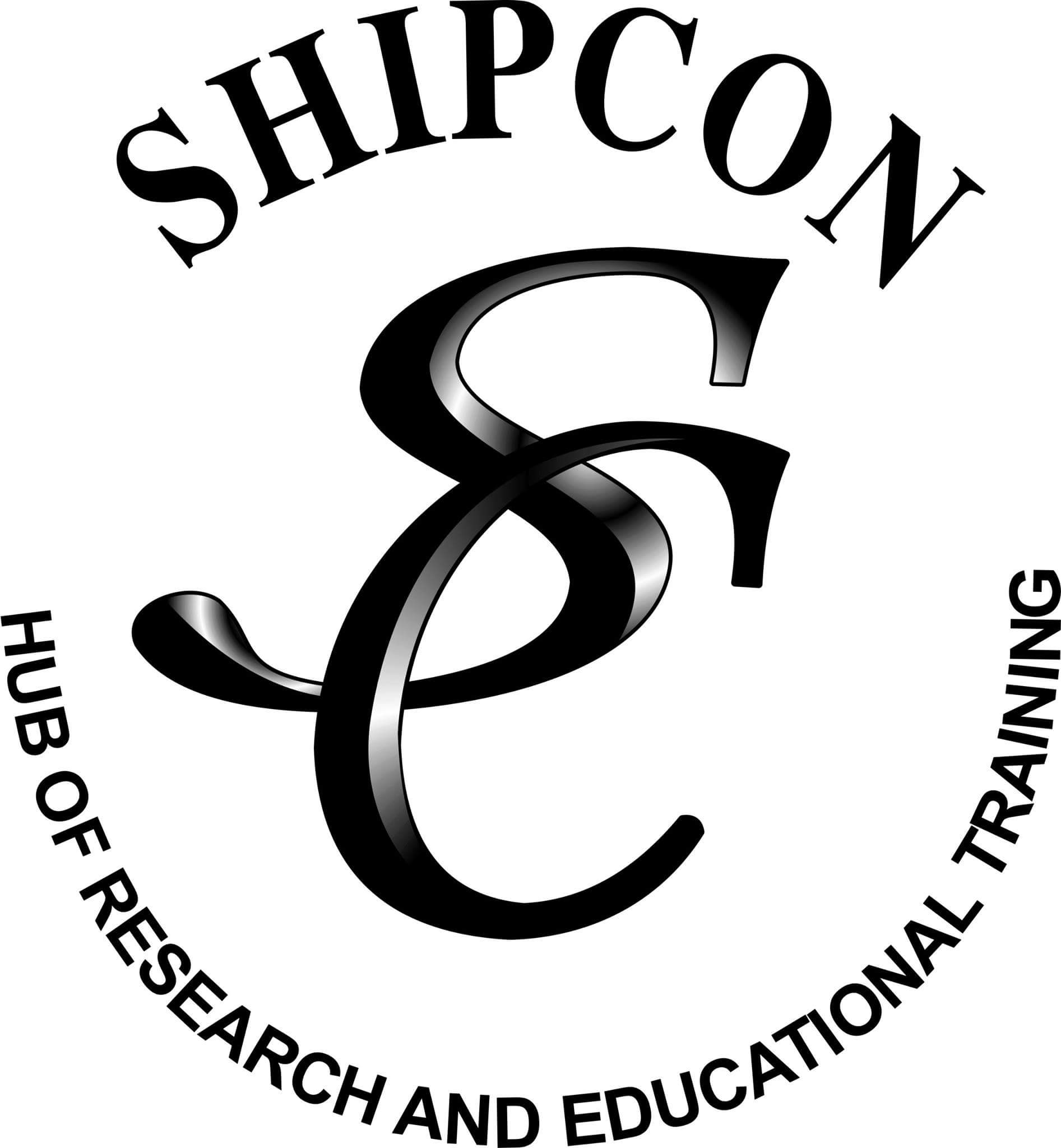| 1. | Aguirre-Munoz, Z., Parks, J. E., Benner, A., Amabisca, A., Boscardin, C. K. 2006. | Consequences and validity of performance assessment for English language learners: Conceptualizing and developing teachers’ expertise in academic language (CSE Technical Report No. 700). |
| 2. | Baca, L., Escamilla, K. 2002.
|
Educating teachers about language. |
| 3. | Bailey, A. L., Heritage, H. M. 2008. | Formative assessment for literacy, grades K-6: Building reading and academic language skills across the curriculum. |
| 4. | Bailey, A. L., Huang, B. H., Shin, H. W., Farnsworth, T., Butler, F. A. 2006. | Developing academic English language proficiency prototypes for 5th grade reading: Psychometric and linguistic profiles of tasks. |
| 5. | Bailey, F., Burkett, B., Freeman, D. 2010. | The mediating role of language in teaching and learning: A classroom perspective. |
| 6. | Ballantyne, K. G., Sanderman, A. R., Levy, J. 2008.
|
Educating English language learners: Building teacher capacity. |
| 7. | Beck, I. L., McKeown, M. G., Kucan, L. 2002. | Bringing words to life: Robust vocabulary instruction. |
| 8. | Brenner, M. E. 1998.
|
Development of mathematical communication in problem solving groups by language minority students. |
| 9. | Calderón, M., August, D., Slavin, R., Duran, D., Madden, N., Cheung, A. 2005. | Bringing words to life in classrooms with English-language learners. |
| 10. | Carr, J., Sexton, U., Lagunoff, R. 2007. | Making science accessible to English language learners: A guidebook for teachers. |
| 11. | Christie, F. 2002. | The development of abstraction in adolescence in subject English. |
| 12. | Council of Chief State School Officers . 2012. | Framework for English language proficiency development standards corresponding to the Common Core State Standards and the Next Generation Science Standards. |
| 13. | Cummins, J. 1981. | The role of primary language development in promoting educational success for language minority students. |
| 14. | Cummins, J. 2011.
|
Literacy engagement: Fuelling academic growth for English learners. |
| 15. | DiCerbo, P. A., Anstrom, K. A., Rivera, C. 2013.
|
A team approach to the academic language analysis of biology standards and standards-based texts with implications for English language learners. |
| 16. | Dutro, S., Moran, C. 2003. | Rethinking English language instruction: An architectural approach. |
| 17. | Francis, D. J., Rivera, M., Lesaux, N., Kieffer, M., Rivera, H. 2006. | Practical guidelines for the education of English language learners: Research-based recommendations for instruction and academic interventions |
| 18. | Garet, M. S., Porter, A. C., Desimone, L., Birman, B. F., Yoon, K. S. 2001. | What makes professional development effective? Results from a national sample of teachers. |
| 19. | Sato, E., Lagunoff, R., Worth, P. 2008. | Language for achievement: A framework for academic English language. |
| 20. | Sato, E., Lagunoff, R., Yeagley, P. 2011. | Academic language and the Common Core State Standards: Implications for state and district implementation and supporting the academic achievement of English language learners. |
| 21. | Schleppegrell, M. J. 2005. | Helping content area teachers work with academic language: Promoting English language learners’ literacy in history. |
| 22. | Snow, C. E. 2008. | What is the vocabulary of science? In Rosebery, A. S., Warren, B. (Eds.), Teaching science to English language learners: Building on students’ strengths (pp. 71–83). |
| 23. | Stoddart, T., Pinal, A., Latzke, M., Canaday, D. 2002. | Integrating inquiry science and language development for English language learners. |
| 24. | Tellez, K., Waxman, H. 2004. | Quality teachers for English language learners: A research synthesis |
